Our Impact
Awarded the Queen’s Award for Voluntary Service, and winner of the Maternal Mental Health Alliance Perinatal Peer Support Award and a 2024 Voscur Bristol Social Impact Award
perinatal mental health supportCelebrating our Achievements: A Summary of Mothers for Mothers’ Impact in 2024-25
Mothers for Mothers collected feedback from mothers we’ve supported over the year from April 2024 to March 2025 and would like to share some of the highlights. The services we’ve provided this year include:
- Reach telephone support and helpline
- Home visiting
- Peer support groups
- Art psychotherapy and counselling
- Antenatal groups
- Peer support for mothers of children with Special Educational Needs and Disabilities (SEND)
- Albanian mothers’ group
- Perinatal Comfort Zone programme
- Trips and events
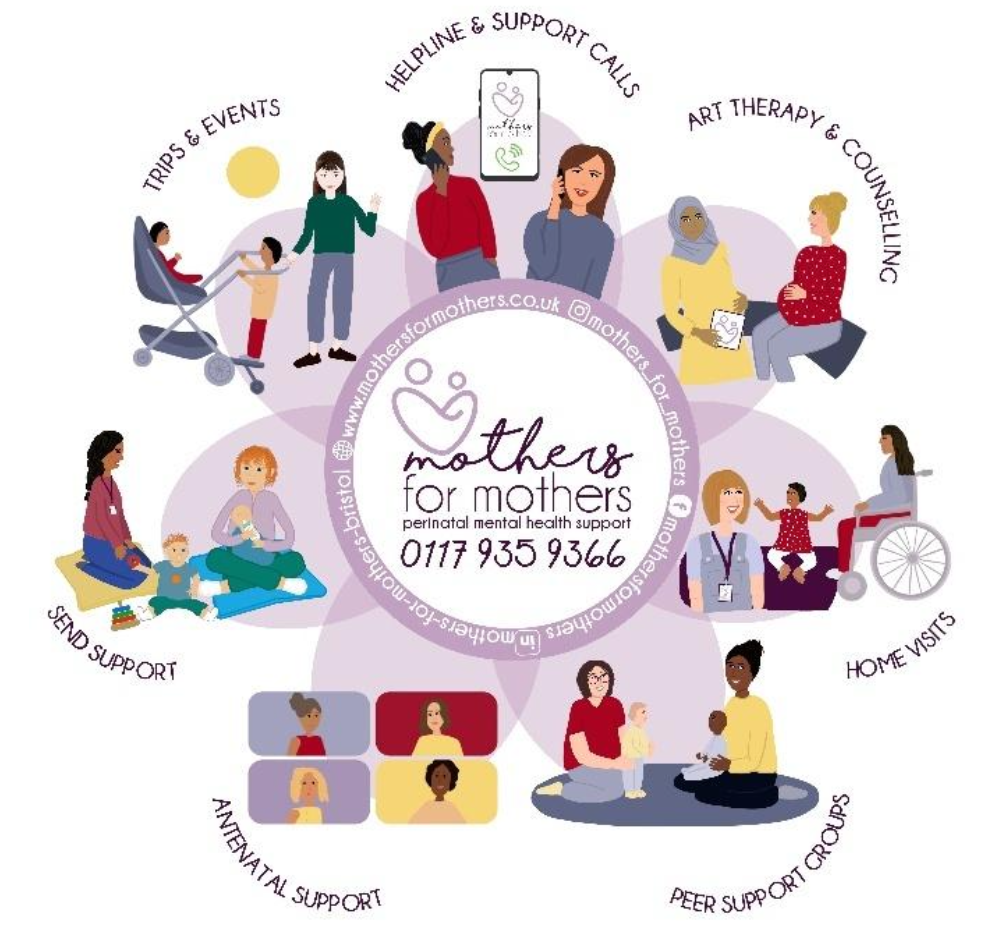
Improved mental health
90% agreed or strongly agreed that their general mood has improved, and
they have felt less depressed (up 8% from last year).
“I no longer suffer with any mental health concerns and love my life with my twins!”

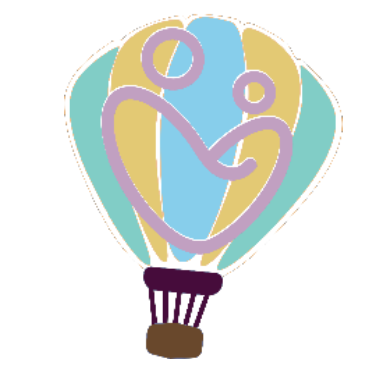
Longer-term resilience
88% agreed or strongly agreed that they know more about what they need in their life to be well and what works for them (maintained from last year).
“Having therapy at this time has helped me during this pregnancy but also I believe has given me tools that will help forever.”
Feeling heard and understood
Mothers told us that this was one of the benefits that made the greatest difference to their wellbeing.
“Just feeling listened to helped me feel validated, heard and not alone”

Fighting stigma
99% agreed or strongly agreed that they feel more reassured about what they have been experiencing (up 2% from last year).
“The support I received… was invaluable. It kept me sane and helped me understand that it was okay to find parenting hard or feel overwhelmed.”
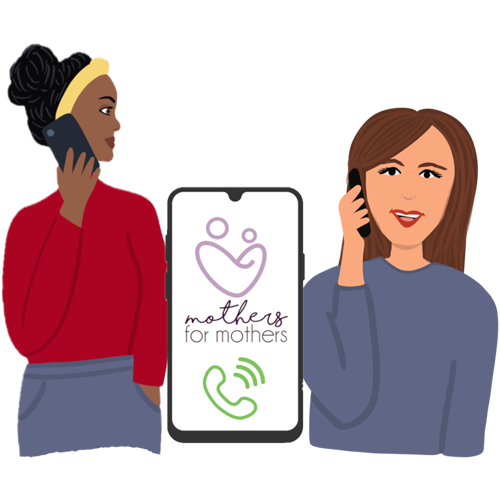

Reduced isolation
92% agreed or strongly agreed that they felt less isolated or lonely (up 3% from last year).
“Mothers for Mothers has helped me feel supported, less isolated and alone.”
Mothers contributing to society
Mothers develop the confidence to pursue their career goals and personal ambitions.
“As soon as the home visitor came into my life, things started to fall into place. She helped me look ahead to my future and encouraged me follow my passion.”
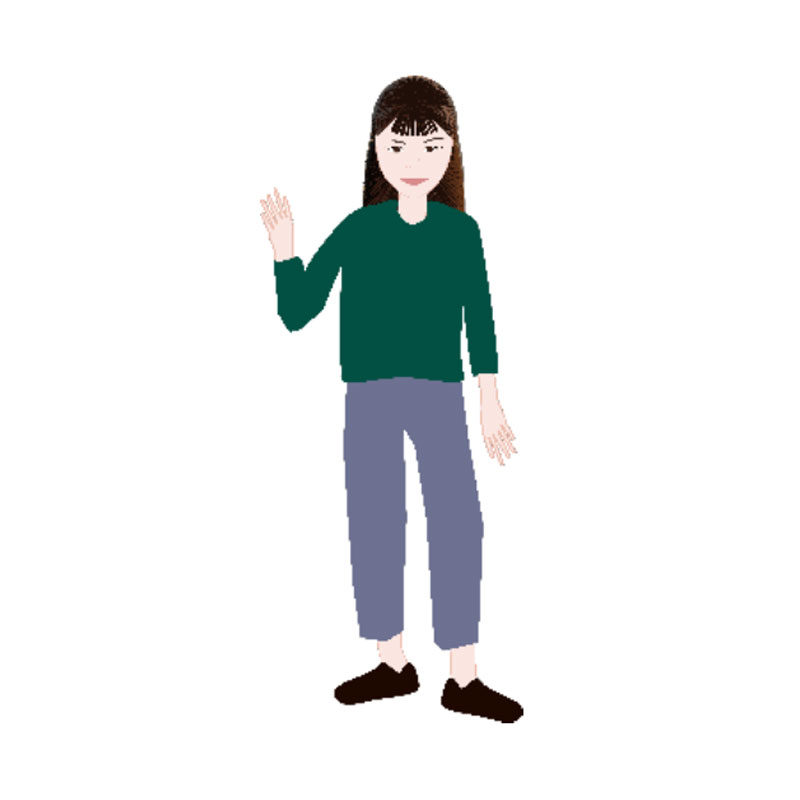
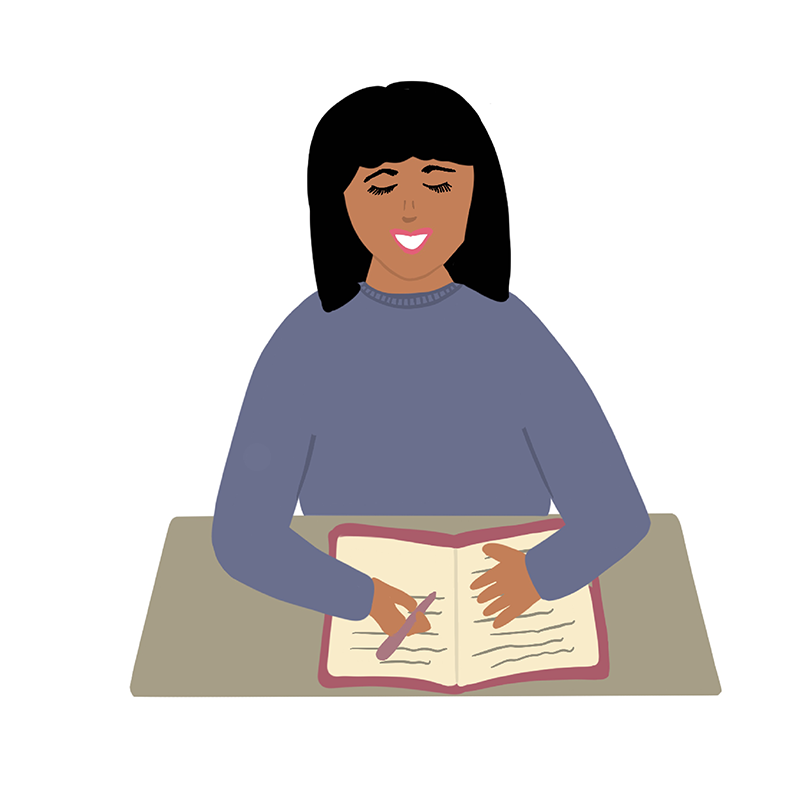
Hope for the future
94% agreed or strongly agreed that they feel more hopeful about the future (up 3% from last year).
“When I got through on the helpline, I felt heard and supported. I got lots of amazing advice about things like adult education and that gives me lots of hope for the future.”
Structure and stability
The arrival of a new baby is a time of upheaval when routines are disrupted, and mothers can easily feel adrift and overwhelmed. Mothers for Mothers supports families to find new routines, and to create order and structure in their lives.
“I thrive on routine and coming the group was the beginning of bringing some of that back.”

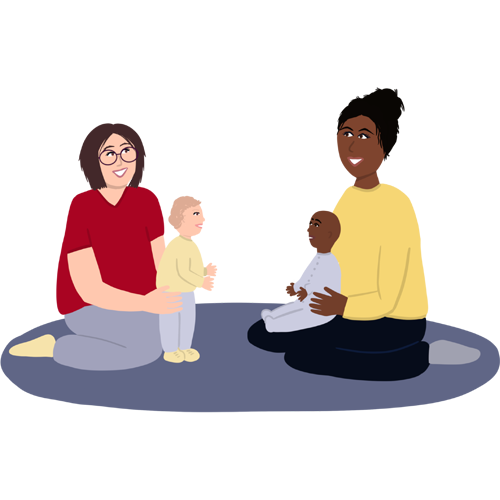
Confidence to parent
84% agreed or strongly agreed that they feel more confident in parenting their child.
“It has helped me feel calm and confident about my choices as a mother.”
Supporting bonding
69% agreed or strongly agreed that the relationship or bond with their child has improved (up 1% from last year).
“I didn’t feel any love for my son but now I’ve started feeling again. When he smiles, I smile. I can smile and I can feel it. I can bond with him.”
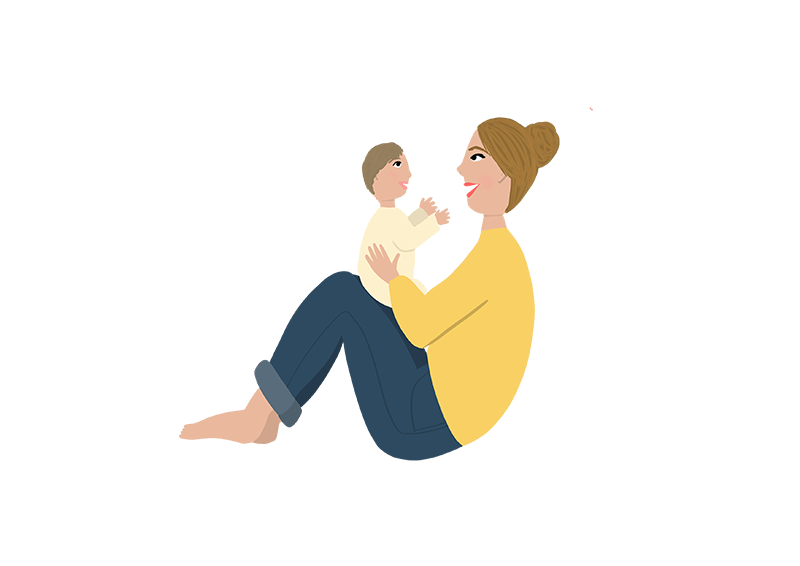

Better relationships
100% of mothers who had art psychotherapy or counselling said that they feel more able to explain the way they feel and why to family members (up 16% from last year).
“Family relationships have definitely improved, especially when it comes to my daughters. There has been a change in our household, and it’s just been very positive.”
Better health for the next generation
Our services impact not only mothers and families, but the longer- term wellbeing of children as they grow.
“I have seen a huge shift in my youngest son’s confidence. He is comfortable being at group and having my home visitor around, I can see his confidence growing every week.”
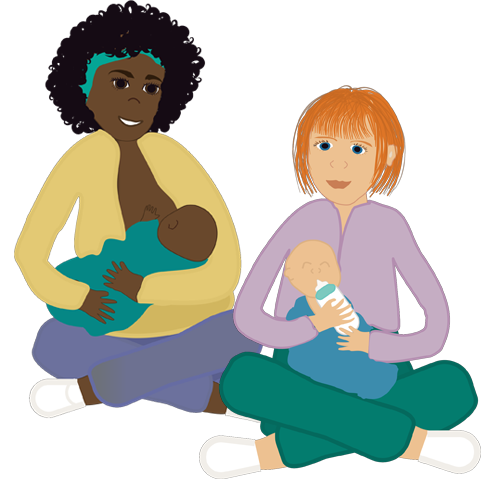

Skilled and caring
- 93% rated the support from their home visitor as ‘excellent’ or ‘good.’
- 100% rated the support from their art psychotherapist or counsellor as ‘excellent’ or ‘good.’
- 100% rated the antenatal groups as ‘excellent’ or ‘good.’
“I can tell that Mothers for Mothers genuinely actually care. You do it out of your own heart and mind, and you know how to actually help a person.”
No mother left behind
We aim to make our support accessible to all mothers, whatever their background or experiences.
“Especially as a black mother, there wasn’t a lot for mental health information and how to navigate using services. There might have been a perception that Mothers for Mothers may not understand a woman of colour, but during my support I felt represented.”

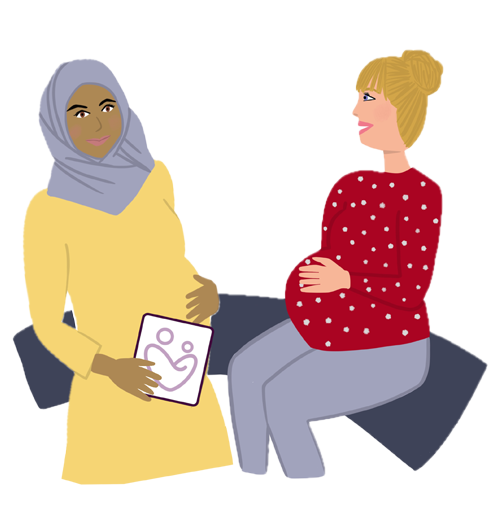
Safe spaces
Mothers valued a sense of safety across all our services. They felt that vulnerable or painful feelings could be shared, heard, and understood.
“This is a safe place where we can express our concerns.”
Non-judgemental attitudes
Mothers all too frequently encounter judgemental attitudes from others around them, and mothers can judge themselves harshly too. We counteract this by being warm, open, and accepting.
“I felt immediately at ease and relaxed to just be me and be open without any fear of being judged.”
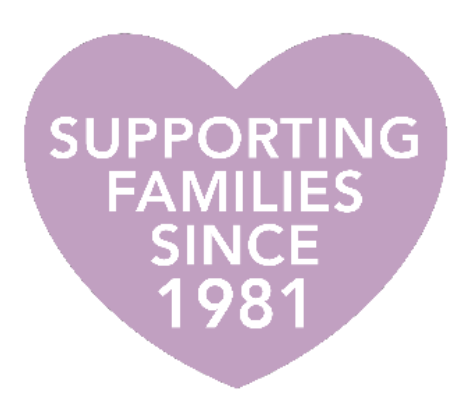

Flexible support
Our services are designed so that we can accommodate different mothers’ needs and situations.
“They got to know me, my situation and what I needed. I really appreciated how personal the service was.”
‘Whole person’ approach
Mothers valued being able to access more than one of our services at a time, and they felt that they were viewed as a whole person rather than just from a perspective of their mental health.
“Mothers for Mothers has given me a support worker who helps me to manage with things that I struggle to do myself. She has been able to do a food shop for me and my family, and she also gives me the emotional and practical support which really helps.”
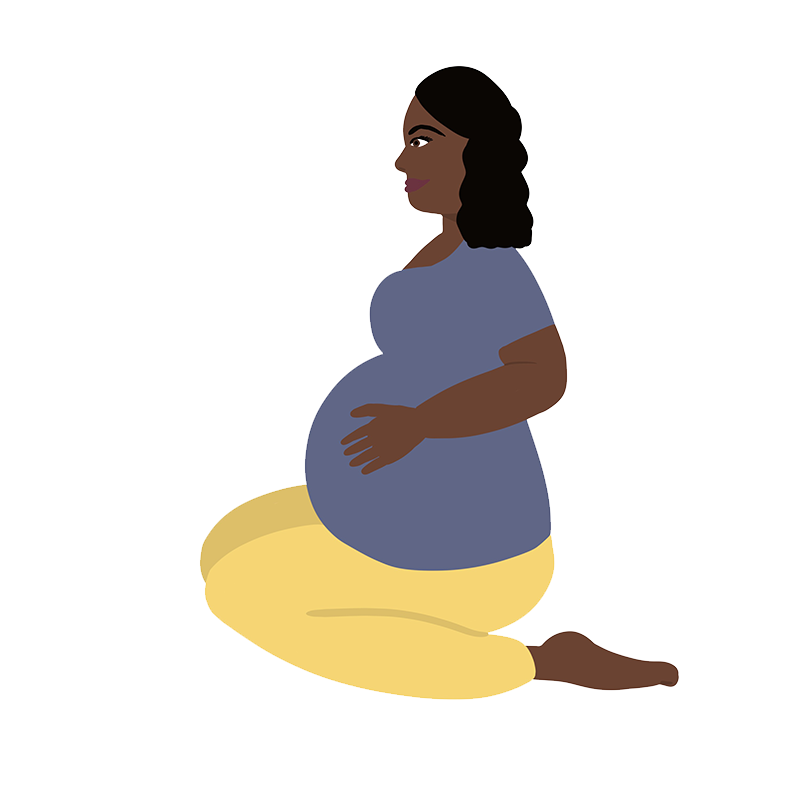

The power of lived experience
We understand the value of speaking with someone who has ‘been there’. Shared lived experience helps mothers to feel understood, reduces stigma, and promotes hope.
“Having to speak with someone that can really relate
to my experience is pure gold.”
Equality Impact Assessment: Reach
Mothers for Mothers’ Reach service comprises a helpline, regular support telephone calls, and online support for women and birthing people affected by perinatal mental illness. Reach provides an equitable service across all of Bristol, North Somerset and South Gloucestershire.
The helpline provides immediate support to women and birthing people, as well as to their partners, family members, friends, health professionals, and anyone directly affected. Support calls offer mothers a regular weekly call or text. This a confidential listening and planning service exclusively for women and birthing people suffering from a perinatal mental illness. Online support is also provided to mothers only via social media direct messaging, email, and moderated discussion on a closed Facebook group.
